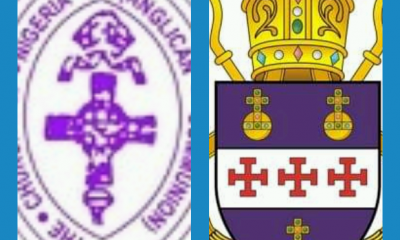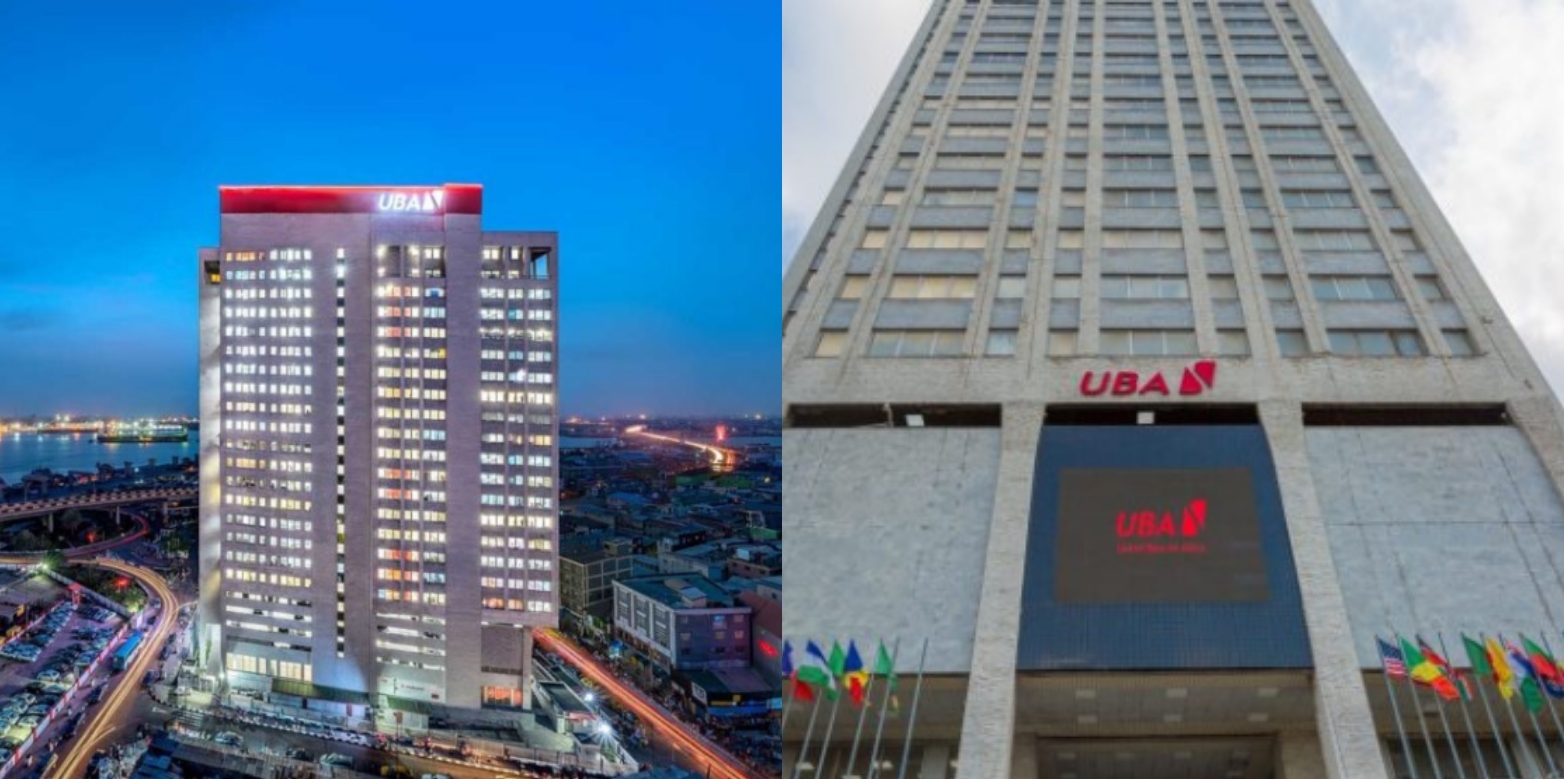By Ezurike Ugochukwu
A Federal High Court in Abuja has ordered the United Bank for Africa (UBA) to pay N30 million in damages for unlawfully restricting a firm’s account for over a year and withholding $163,592 without a court order or customer notification.
The court presided by Justice Peter Lifu, ordered the bank to refund $163,592 wrongfully withheld from the company, Micoz Bluelink Enterprise, stating that UBA’s actions were ultra vires, reckless, and breached the banker-customer relationship.
The certified true copy of the judgment, delivered on July 25, made available to journalists on Wednesday in Abuja revealed that the judge found UBA’s Exhibit ‘A’ defective, as such didn’t justify the account restriction or fund withdrawal.
The plaintiff, Akpasi Oziegbe, trading under the name and style of Micoz Bluelink Enterprise, had, in the suit marked FHC/ABJ/CS/1412/2023, sued UBA as the sole defendant.
The plaintiff’s legal team, Chikaosolu Ojukwu, and Adeyemo Richard, explained that the firm was incorporated on March 19, 2021, with a domiciliary account opened thereafter for trading operations.
On July 20, 2022, the company discovered that the account had been restricted by the bank with a balance of $163.8 million meant for supply contracts.
“The applicant made several enquiries to the bank seeking reasons for the account restriction, but the bank failed to respond or unfreeze the account,” Mr Ojukwu said.
Mr Richard, equally, contended in one of the sittings that the bank allegedly transferred the sum without the company’s authorisation on August 19, 2023.
The plaintiff, in the affidavit in support, averred that “there is no mention of fraud in the call-back request presented by the bank, and the document lacks proper endorsement and authenticity.”
In its defence, UBA, through its counsel, Kalat Jatau, admitted the inflow of $163.8 million but claimed the funds were flagged as suspicious.
The bank said it filed a suspicious transaction report with the Nigerian Financial Intelligence Unit and temporarily restricted the account pending enhanced customer due diligence.
The bank alleged that “the applicant was informed of the restriction and requested further documentation, which, upon review, was found to be inconsistent with actual transaction amounts”.
It further argued that the funds were recalled following a SWIFT instruction from its correspondent bank, Citi Bank.
Delivering the judgment, Mr Lifu held that UBA breached its fiduciary duty and acted without court approval.
“The bank failed to inform the applicant of reasons for the restriction and proceeded with unilateral withdrawal, thereby breaching the banker-customer contract,” he held.
“There is no mention of ‘fraud’ or ‘fraudulent’ in the document, which only states ‘Possible Duplicate’ and does not justify a call back,” he said.
The judge also recognised the significant economic loss and business disruption caused to the applicant following the over-one-year restriction.
According to Mr Lifu, there is no proof the bank took appropriate steps before restricting the account or withdrawing funds, nor did it disclose where the money was transferred.
The judge held that customer’s funds could only be withdrawn from their account “pursuant to an unequivocal instruction by the customer or a court order”, and that neither of which was presented.
He declared UBA’s actions “illegal, unconstitutional and a breach of banker-customer relationship”. The judge, therefore, cited the bank’s conduct, the applicant’s status and economic factors in awarding damages.
These, he said, included “the continual depreciation of the naira”.
Mr Lifu, thereafter, awarded ₦30 million in damages in favour of Micoz Bluelink Enterprise with “post-judgment interest of 10 per cent until the judgement sum is fully liquidated.”
The judge also ordered the reversal of the $163,592 withdrawal.

 Business5 years ago
Business5 years ago
 News6 years ago
News6 years ago
 Crime2 years ago
Crime2 years ago
 News1 year ago
News1 year ago
 News5 years ago
News5 years ago
 Football6 years ago
Football6 years ago















